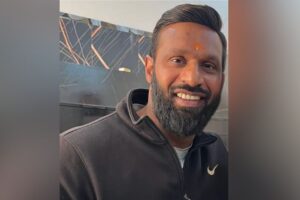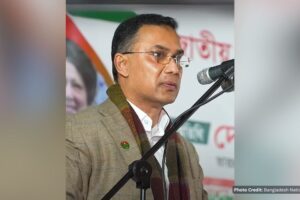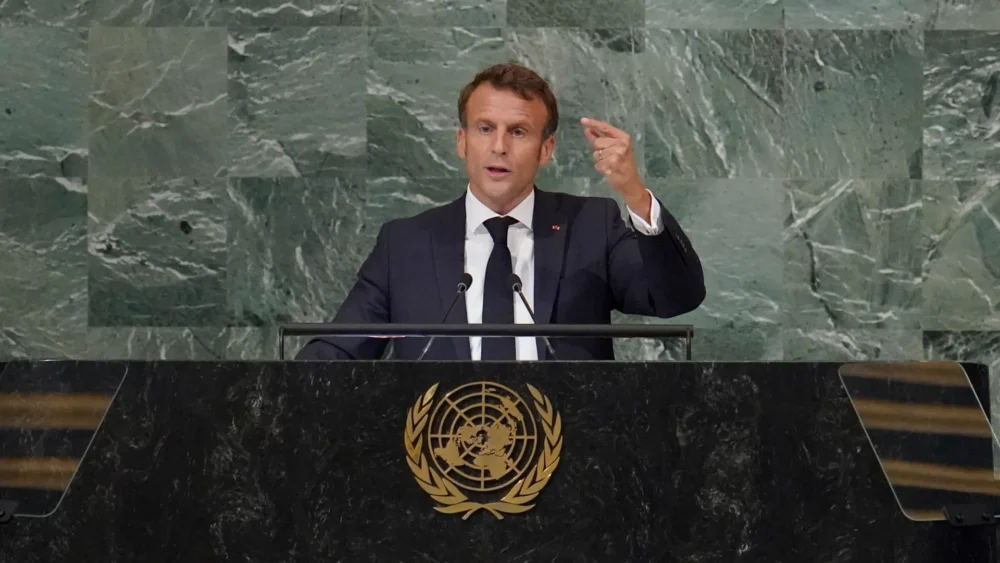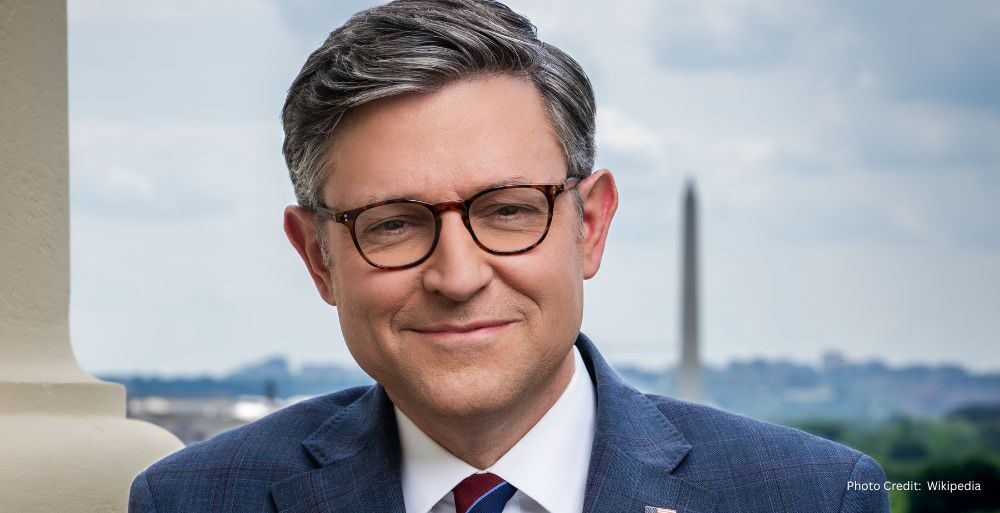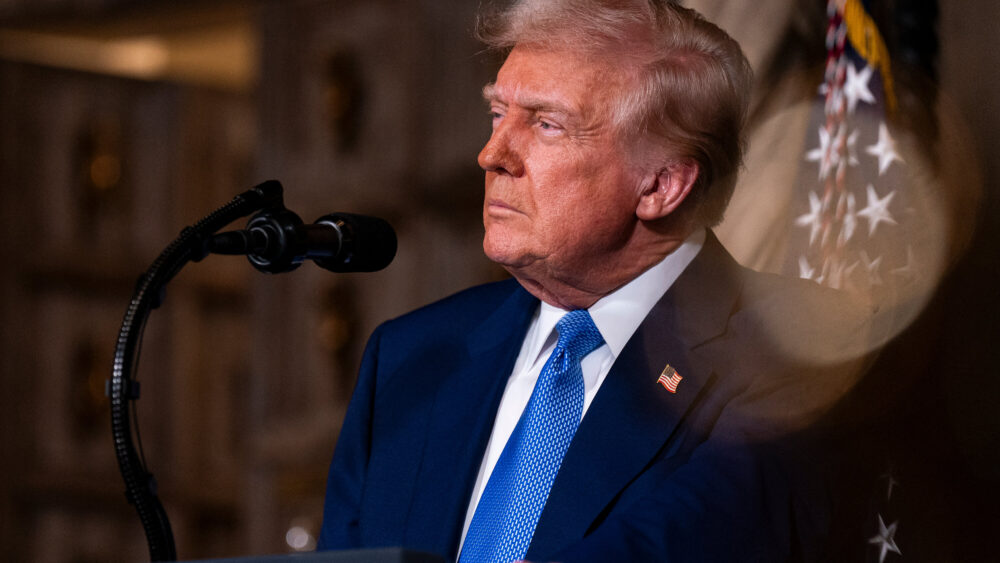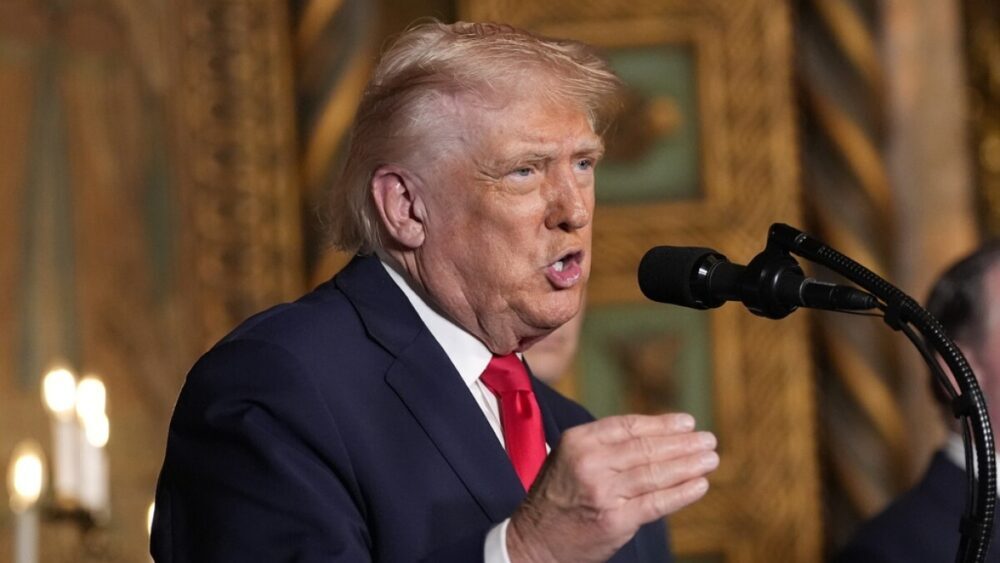During the 2025 United Nations General Assembly in New York, world leaders openly criticized the U.N.’s structure, urging sweeping reforms to revive its relevance. As the U.N. marks its 80th anniversary, many speakers voiced frustration over the institution’s perceived inability to keep pace with global challenges.
Several heads of state and foreign ministers described the U.N. as outdated and biased in favor of powerful nations. Numerous delegations, especially from Africa and smaller states, pressed for changes in representation and called for a permanent seat on the Security Council. At the same time, they acknowledged that member states themselves share responsibility for the U.N.’s lackluster performance.
India’s Foreign Minister probed whether the U.N. has genuinely made a difference, while the foreign minister of Guinea lamented that the U.N.’s heyday may be behind it. Critics pointed to the dominance of wealthy nations and the stagnation of reforms that many believe have eroded the multilateral model.
Nonetheless, calls for transformation persisted. Leaders emphasized that reform must extend beyond structural tweaks—it must restore credibility and trust in multilateralism. Many argued that the U.N. remains essential, even in its flawed state, as a forum where nations can confront shared crises together rather than alone.




